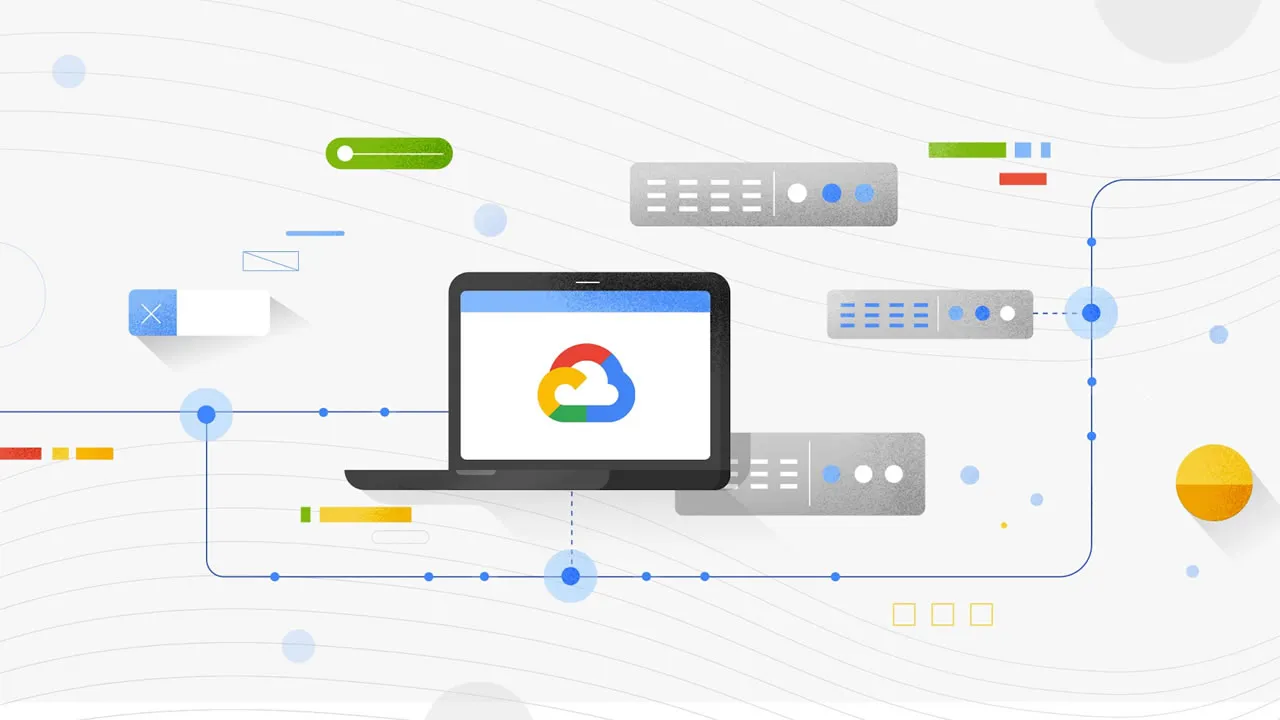When enterprise IT administrators design their data systems, security is among the most important considerations they have to make. Security is key to defining where data is stored and how users access it. Traditionally, IT administrators have managed user access to systems like SQL databases through issuing users a separate, dedicated username and password. Although it’s simple to set up, distributed access control requires administrators to spend a lot of time securing each system, instituting password complexity and rotation policies. For some enterprises, such as those bound by SOX or PCI-DSS rules, these measures may be required in each system for regulatory compliance. To minimize management effort and the risk of an oversight, IT administrators often prefer centralized access control, in which they can use a single hub to grant or revoke access to any system, including SQL databases.
To achieve that centralized access control, we’ve released IAM database authentication for Cloud SQL for MySQL into general availability. With IAM database authentication, administrators can use Cloud Identity and Access Management (IAM), Google Cloud’s centralized access management system, to govern not only administrative access, but also connection access for their MySQL databases. With Cloud IAM, administrators can reduce the administrative effort associated with managing passwords for each Cloud SQL database. Furthermore, with Cloud Identity’s robust password security system, administrators can establish a strong, unified security posture and maintain compliance across all Google Cloud systems, including Cloud SQL.
#google cloud #mysql #iam #cloud sql
